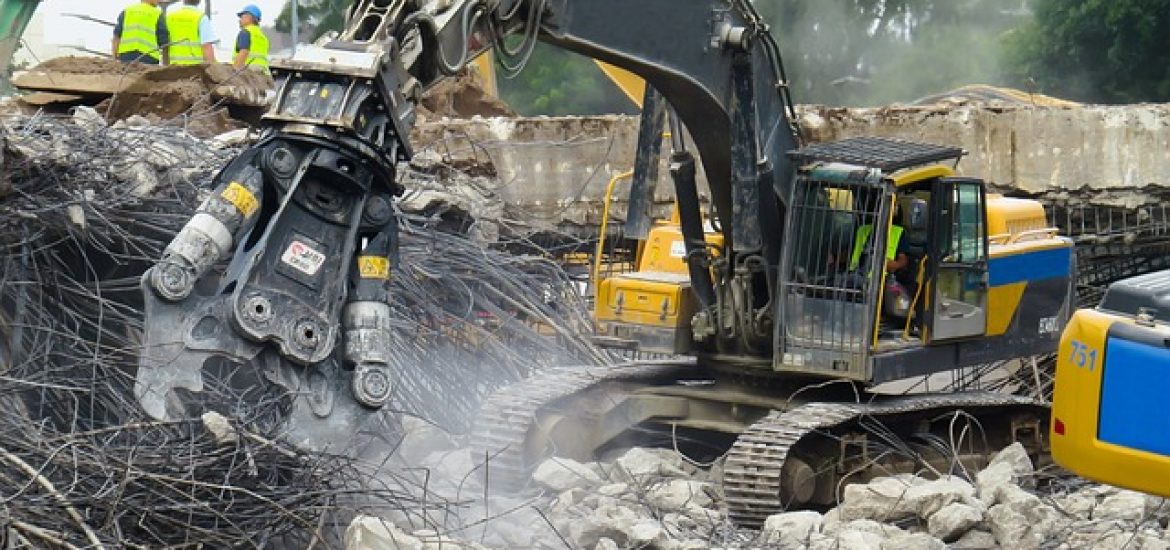
A powerful 7.7-magnitude earthquake struck central Myanmar on Friday, leaving at least 144 dead and over 730 injured, with the toll expected to rise. The quake’s impact spread across Southeast Asia, shaking rural villages engulfed in Myanmar’s civil war, high-rises in Bangkok, and even remote areas of China’s Yunnan province.
In an unusual move, Myanmar’s military leader, Min Aung Hlaing, declared a state of emergency and called for international assistance, acknowledging the scale of destruction. The junta, which has isolated Myanmar amid years of conflict, faces immense challenges in delivering aid, particularly in war-torn regions where infrastructure is already crippled.
Widespread Destruction and Rescue Efforts
The earthquake’s epicenter was near Mandalay, a historic city of 1.5 million people, but its effects were felt hundreds of miles away. In Thailand, the tremors caused an under-construction building in Bangkok to collapse, killing at least eight people and trapping over 100 others. Eyewitnesses described scenes of panic as residents fled swaying buildings amid falling debris.
Myanmar, one of Asia’s poorest nations, struggles with disaster response due to its weakened health system and ongoing civil war. Rebel-held territories complicate relief efforts, as travel is restricted by military checkpoints and unstable communications. Meanwhile, Thailand’s more advanced emergency services have been mobilized to assist affected areas.
A Crisis Compounded by Conflict
The disaster strikes as Myanmar grapples with the aftermath of a 2021 military coup, which triggered widespread violence and economic collapse. Over 20 million people already require humanitarian aid, with 3.5 million displaced by fighting. The earthquake adds another layer of suffering, particularly in Sagaing, a rural region heavily affected by the war, where homes are often flimsy wooden structures.
A Mandalay resident described the terror of the quake: “The shaking was so strong, we couldn’t escape immediately. I thought the building would collapse.” Others reported power outages and disrupted phone networks, hindering rescue coordination.
Calls for Unrestricted Aid Access
Human rights groups urge the junta to allow unimpeded aid delivery, warning that delays could worsen casualties. The UN’s special rapporteur for Myanmar called the quake a “disaster on top of a disaster,” expressing fears for vulnerable populations.
As aftershocks continue, including a 6.4-magnitude tremor, survivors face an uncertain future. With Myanmar’s military government reluctantly opening its doors to foreign help, the world watches to see if aid can reach those most in need amid the chaos of war and natural calamity.





